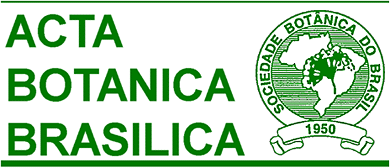ABSTRACT
Although enrichment planting is recommended to increase biodiversity in restoration, environmental filters can prevent the establishment of sowed/planted species. Euterpe edulis is a keystone palm in the Brazilian Atlantic forest, whose fruits are consumed by many animals. We assessed the viability of direct seeding of this palm in an Atlantic forest restored site in Southeast Brazil, guided by these questions: 1) Does germinability vary among seeds covered and uncovered by litterfall and according to litterfall depth? 2) Can direct seeding be impaired by seed predation? 3) Does seed size affect seed predation and seedling vigor? We found litterfall favored germination by reducing soil evaporation, but litterfall depth did not affect germination. Seed predation was low, as seed location was probably unpredictable to rodents. Smaller seeds were more removed, possibly because the larger ones impose transportation costs on small rodents. By removing the smaller seeds, predators may favor the production of larger and more vigorous seedlings. Direct seeding of E. edulis can be successful if implemented in medium regeneration stages of Atlantic forest sites, where shade and moisture provided by litterfall, and absence of mid- to large-sized seed predators, allow seeds to overcome the constraints on germination and predation.
Keywords:
direct seeding; enrichment planting; Euterpe edulis; forest restoration; germination; keystone palm; litterfall; population reinforcement; reintroduction; seed predation

 Thumbnail
Thumbnail
 Thumbnail
Thumbnail
 Thumbnail
Thumbnail


